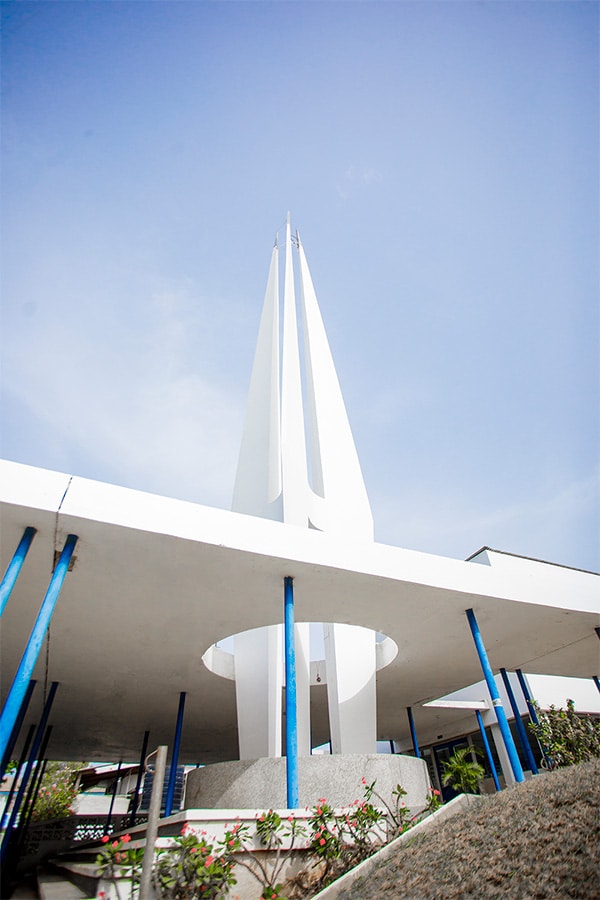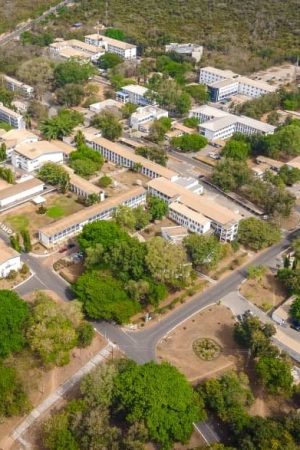Ghana Institute of Management and Public Administration (GIMPA)
Each mandate affirmed the status of the Institute as the national management development institute to provide for the study of public administration and management of Ghana.

The Ghana Institute of Management and Public Administration (GIMPA) was established in 1961 as a joint Ghana Government /United Nations (UN) special fund project. Originally named the Institute of Public Administration, it was set up as one of the key strategic institutions to develop the public administrative system, to provide civil servants with administrative and professional competence, and to plan and administer national, regional and local services.
Overview
In 1966, the joint sponsorship ended and the UN formally handed over the Institute to the Government of Ghana. In 1969, the Institute was then re-designated as the Ghana Institute of Management and Public Administration to reflect its expanded functions. For more than 50 years, GIMPA’s activities have been guided by five successive mandates, beginning with the first legislative instrument of 1961 to the current GIMPA Act, 2004 (Act 676).
Each mandate affirmed the status of the Institute as the national management development institute to provide for the study of public administration and management of Ghana. By its latest mandate, GIMPA now offers courses in its areas of competence leading to the award of certificates, diplomas and degrees up to the doctoral level.
The areas of competence are defined to include training and education in leadership, management, public administration and technology. Today, GIMPA has transformed itself into the leading management development institute and is an independent public tertiary institution with financial and operational autonomy.
GIMPA’s mission is to maintain a Centre of Excellence for training in public and business administration, by continuously enhancing the capability of middle and top-level executives in public and private sectors as well as non-governmental organizations (NGOs) both in Ghana and internationally, to manage their institutions and enterprises efficiently and effectively. The Institute is accredited by the National Accreditation Board.





